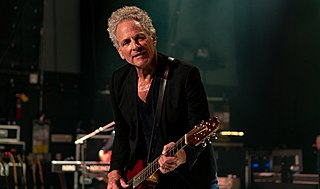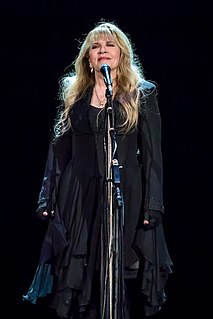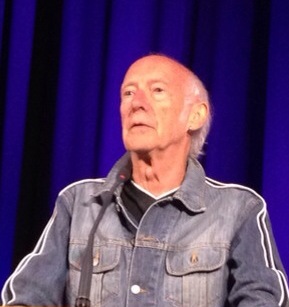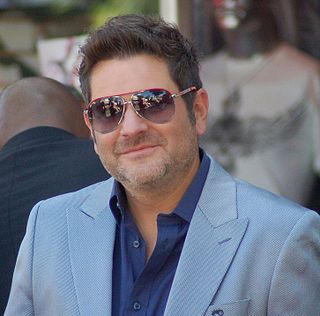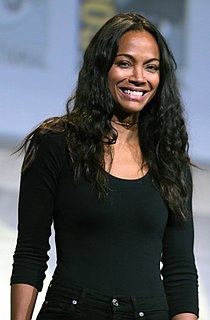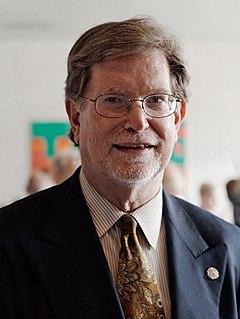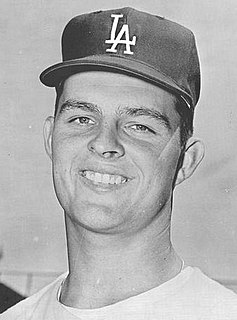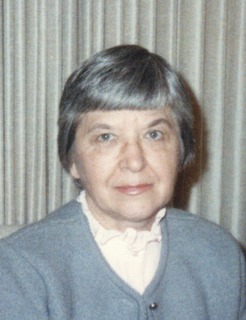A Quote by Lindsey Buckingham
Lyrically, you know, most of the things on 'Rumours' were very autobiographical and very much conversations the three writers were having with other members of the band.
Related Quotes
My parents were very, very close; they pretty much grew up together. They were born in 1912. They were each other's only boyfriend and girlfriend. They were - to use a contemporary term I hate - co-dependent, and they had me very late. So they had their way of doing things, and they reinforced each other.
I was influenced by autobiographical writers like Henry Miller, and I had actually done some autobiographical prose. But I just thought that comics were like virgin territory. There was so much to be done. It excited me. I couldn't draw very well. I could write scripts and storyboard style using stick figures and balloons and captions.
And at the time, for one of the few times in my life I didn't have a band, I just had myself and the guitar, so I was going to have to do something with just my voice, just the guitar and just my songs that was going to move someone enough to give me a shot. So I wrote songs that were very lyrically alive and lyrically dense. And they were unique, but it really came out of the motivation to - or I understood it was - I was going to have to make my mark that way.
When you're in a band with three writers, three great writers, you only get one third of the writer thing. So that's the whole reason that I did a solo career. And that's, you know, when I told Fleetwood Mac I was going to do that, they were of course terrified that I would do that record and then that I would quit.
Britney's a very beautiful human being. After I worked with her, I realized that there was a reason why she was the most popular pop artist over so many other pop artists at that time who were more talented, had better voices. And it was because of her heart, her soulShe had the most amazing energy and was always positive and a very discreet person. We were young, too, and got to make a movie about three friends on a road trip. It was so much fun!
What I was talking about was, of course, very autobiographical - '68 was the moment when all the young people were incredibly excited, because when we were going to sleep, we knew we would wake up not tomorrow, but in the future. There was a sense of future that was the result of the mixture of politics, cinema, music, the first joints. And the movies were a very important part of that cocktail.
[At DuPont,] I was very fortunate that I worked under men who were very much interested in making discoveries and inventions. They were very much interested in what they were doing, and they left me alone. And I was able to experiment on my own, and I found this very stimulating. It appealed to the creative person in me.
